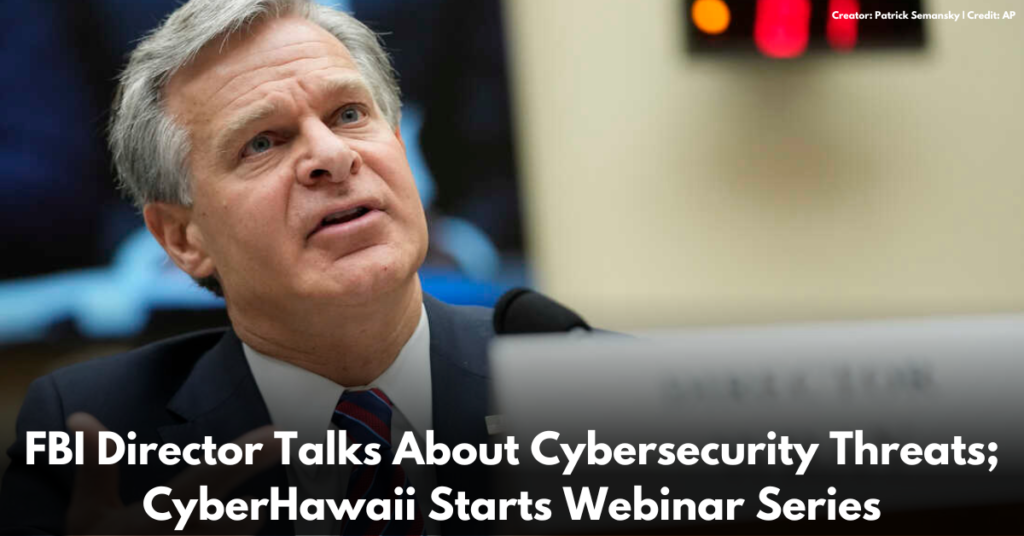Voice Cloning by Artificial Intelligence: A growing Cybersecurity concern
Artificial intelligence (AI) has brought numerous benefits to various sectors, but there are also potential misuses. One emerging concern is the capability of AI-driven voice cloning and its potential misuse by cybercriminals. Computer engineers and political scientists have warned for years that cheap, powerful AI tools could allow anyone to create fake images, videos, and audio that were realistic enough to fool voters and potentially sway an election.
AI-Powered Fraud on the Rise
The synthetic images that emerged were often crude, unconvincing, and costly to produce, especially when other types of misinformation were so inexpensive and easy to spread on social media. A recent incident in New Hampshire highlighted the growing concerns about AI-powered audio fraud. A cybersecurity company, Secureworks, demonstrated an AI system capable of calling and responding to reactions, as well as trying to imitate the speaker’s voice. This incident has turned fears about AI-powered audio-fakery to fever pitch, and the technology is getting more powerful.
Rise of Audio Deepfakes: Threats to UK, US, and Indian Democracy
With major elections in the UK, US, and India due this year, there are concerns about the audio deepfakes and sophisticated fake voices AI can create, potentially used to generate misinformation aimed at manipulating democratic outcomes. Senior British politicians, as well as politicians in Slovakia and Argentina, have been subject to audio deepfakes. The National Cyber Security Centre has warned of the threats AI fakes pose to the next UK election. Lorena Martinez, of Logically Facts, a firm working to counter online misinformation, explains that audio deepfakes are becoming more common and more challenging to verify than AI images. She calls on social media firms to do more and strengthen teams fighting disinformation.
The Electoral Commission, which is responsible for monitoring elections in the United Kingdom, has collaborated with other watchdogs in order to gain a better understanding of the opportunities and challenges presented by artificial intelligence. Sam Jeffers, co-founder of Who Targets Me, argues that democratic processes in the UK are robust and should guard against the danger of too much cynicism, as deepfakes can lead to disbelief in reputable information. He warns against causing people to lose faith in things they can trust, rather than warning about the dangers of AI.



